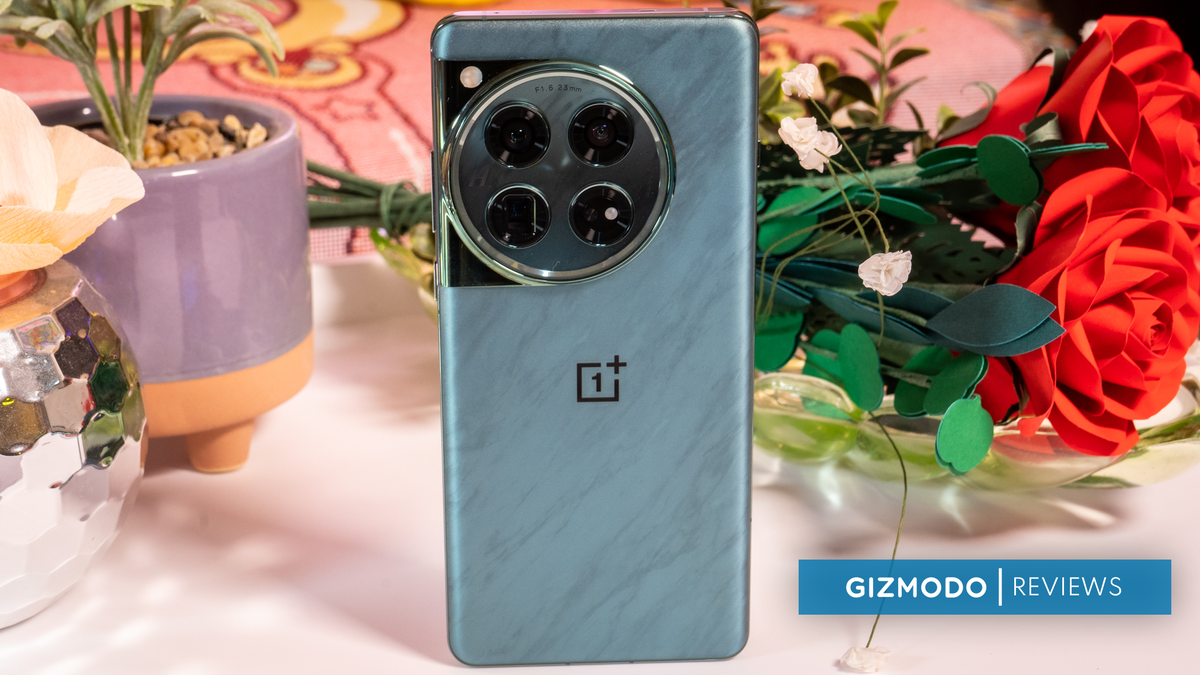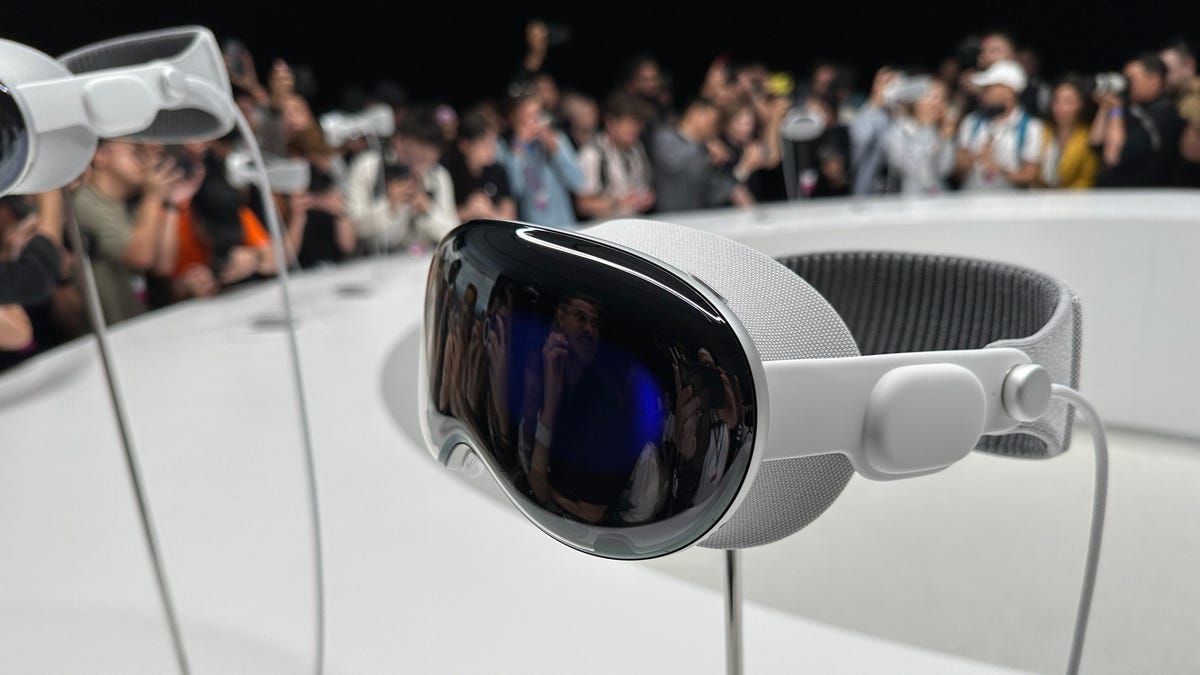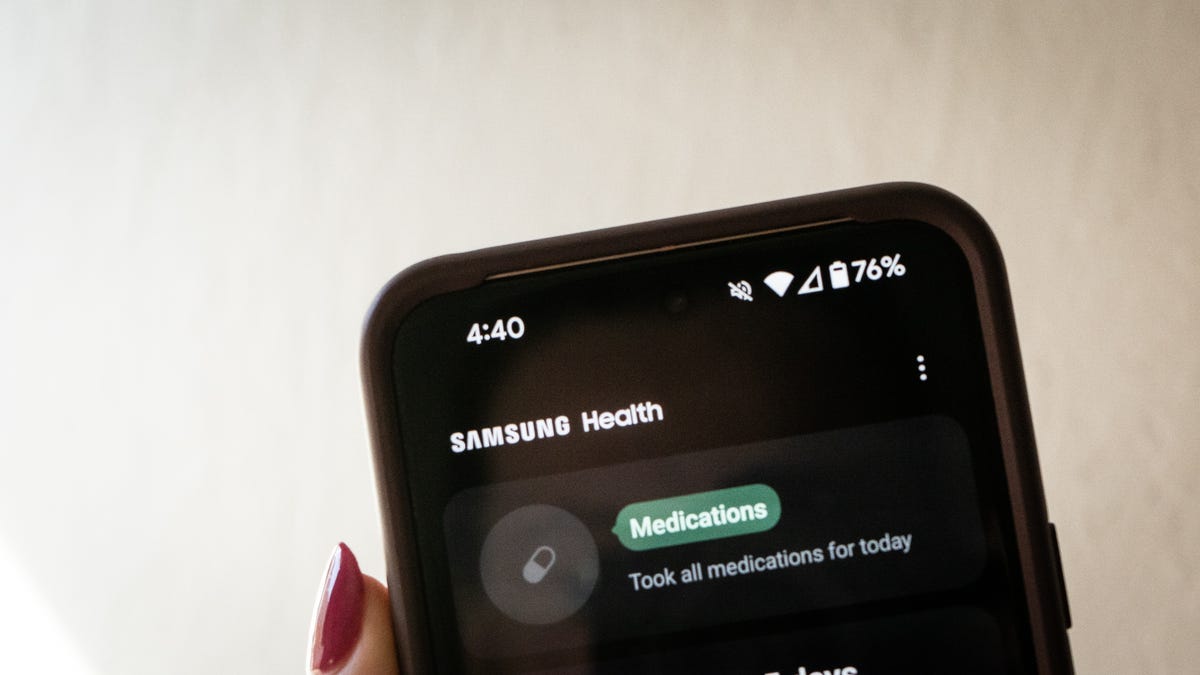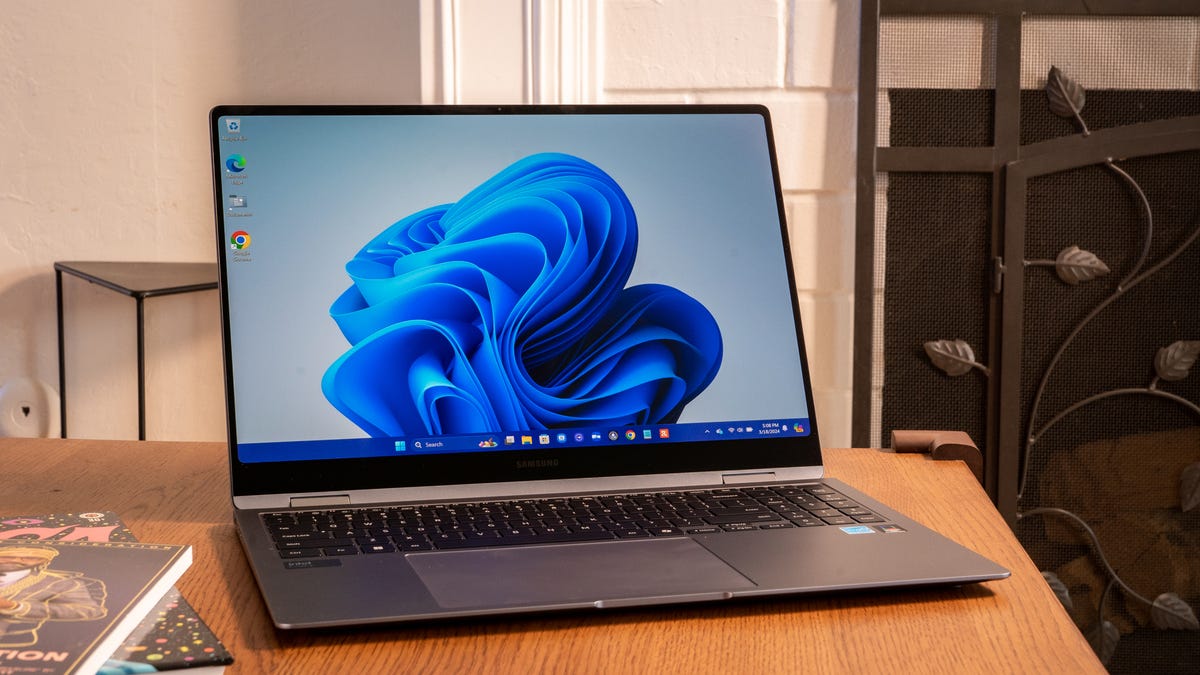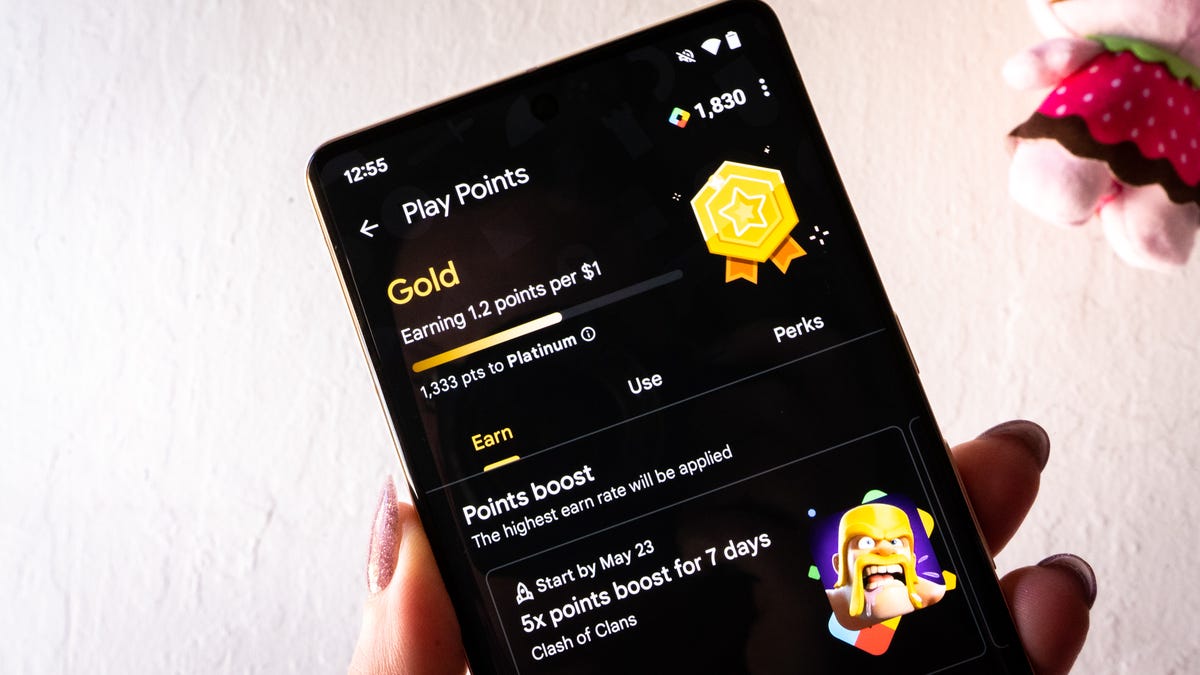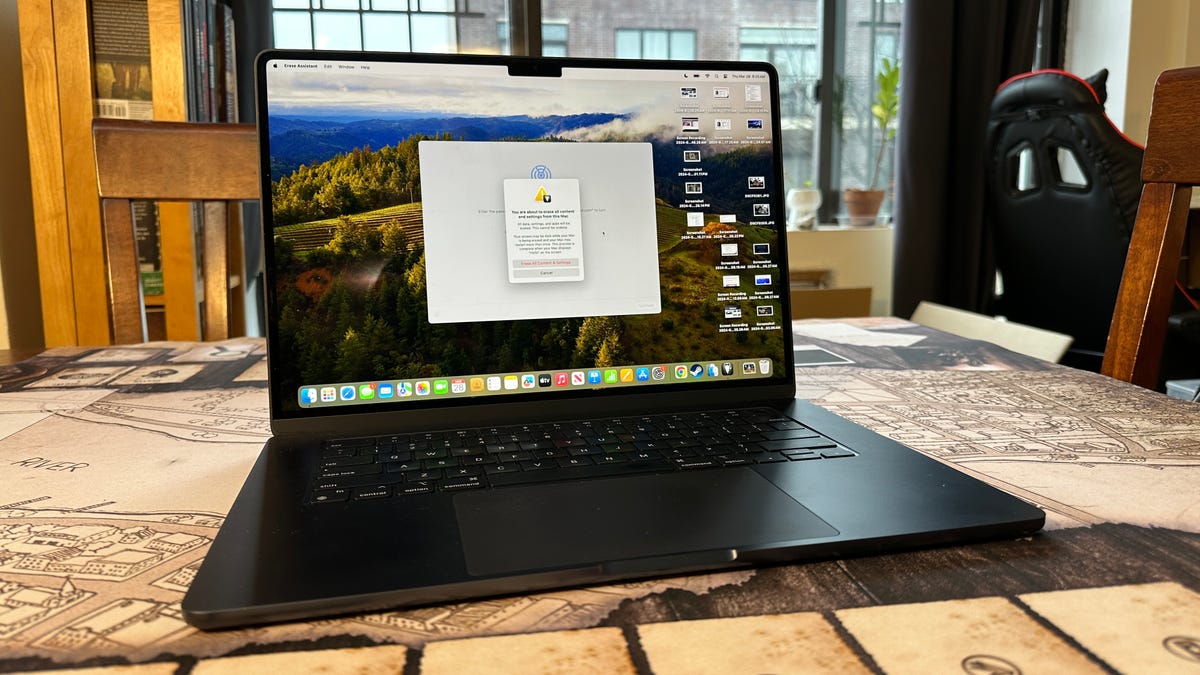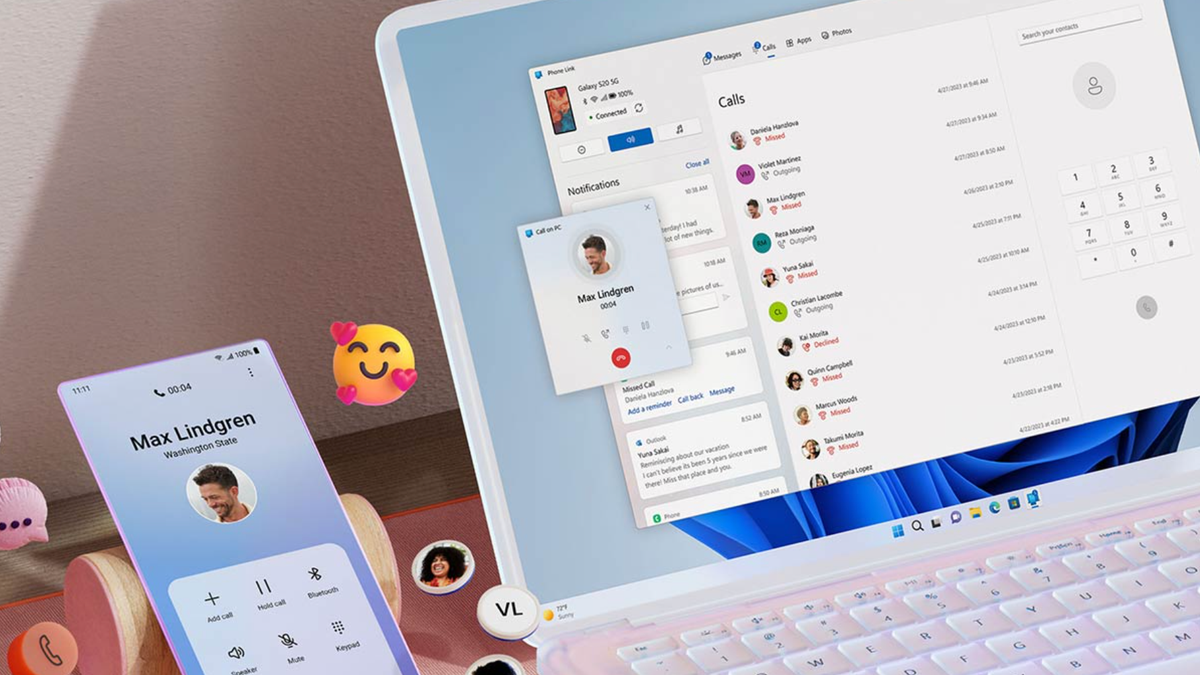OnePlus 12
Android’s number three brand is a compelling alternative to Google’s similarly-priced Pixel devices.
OnePlus 12 improves upon what its predecessor did without. It brings back wireless charging, bumps the base memory offering, and has a bigger battery. But you’ll have to settle for OnePlus’s OxygenOS.
OnePlus 12 starts at $800
Pros
Wireless charging is back
Improved optical zoom
Improved aperture for low-light photos
Cons
OxygenOS is still an acquired taste
Curved edges are so yesterday
Lower IP rating than the competition
OnePlus sure picked a heck of a time to launch its flagship stateside. Every Android manufacturer jumped out earlier this year, and the shelves seem slightly more stocked than usual. It’s good news for you if you’re buying an Android phone.
The OnePlus 12 is already out in China, but today is its official debut in the U.S. and Canada. I’ve enjoyed what I’ve been wielding so far, mainly because even with a 6.8-inch display, the OnePlus 12 isn’t ginormous like Samsung’s Galaxy S24 Ultra, which I’m also putting through its paces. OnePlus brought back wireless charging to its flagship lineup, plus a gorgeous colorway that matches the green I envy on the OnePlus Pad. And while I still have plenty more to explore in the camera lab, I’m impressed with the increased sharpness of the OnePlus 12’s telephoto lens.
At a starting price of $800 for the OnePlus 12 with 12GB of RAM or $900 for 16GB, it’s almost a better deal than what the Google Pixel 8 has going for the same price. If you haven’t already, this might be your sign to try out Android’s number three phone.
Meet the OnePlus 12
The specs look good, as usual.
OnePlus has come a long way from the youthful, naive little Android startup it was in the 2010s. The most telltale sign of the brand’s growth is the aesthetic across its ecosystem of devices. Last year, we saw beautiful pieces with the OnePlus Pad. The OnePlus 12 continues in that tradition of beauty, especially if you choose the Flowy Emerald colorway. The back is matte, so you don’t have to worry too much about the phone slipping around. Looking closely under a light, you’ll also see glitter sprinkled throughout the rear-facing circular camera module.
Of course, the one trade-off for all the prettiness is that the OnePlus 12 claims less durability than its competition. The OnePlus 12 is IP65-rated, which isn’t as robust as the IP68 offered by other phone makers. It’ll probably be okay if you accidentally drop it into some water and then dry it out. Do not take it for a swim.
The OnePlus 12 sports a 6.82-inch QHD+ display with a 19.8:9 aspect ratio. There’s a teeny bit of bezel around the sides, enough that the display curves into the siding. I prefer the flatter screen of the Pixel 8 and Samsung phones for gripping.
OnePlus 12 Display
Superbright for outdoor use
One of the key selling points of the OnePlus 12 is that the display can go up to 4,500 nits in direct sunlight—nearly twice what the Galaxy S24+ and Pixel 8 Pro purport—with an average peak brightness indoors of 1,600 nits. It has yet to be sunny enough for me to test this claim, though I did try it out with artificial light shining on the front-facing camera.
It still didn’t hit the maximum mark. I’ll be taking the light meter out later this week when I run through the camera lab tests and will update here with more information when I can. But before I move on, I leave you with these parting words: the brighter your smartphone display goes, the more battery it eats up.
The OnePlus 12 still doesn’t get dim enough for my liking. Even with night mode and bedtime mode on, there isn’t an “extra dim” option in the Quick Settings to dial it down even further. I like a dark screen when I’m reading at night. Unfortunately, I can only get to bed these days by falling asleep reading reality TV gossip on Reddit. That’s not happening with the OnePlus 12, even with all its screen color temperature offerings.
One thing I adore about OnePlus’s attempts to stand out is that it will stuff an exciting mixture of specifications into its devices. It mainly appeals to the Android faithful still chasing the dream of the most powerful, customizable smartphone. But it also means an excellent deal for anyone not impressed with Samsung and Google’s base offerings.
OnePlus 12 Performance
More 16GB Phones, please
I’m a sucker for a phone with at least 12GB of RAM. I live on the Pixel 8 daily, and that’s only 8GB. I’ve seen how beneficial it is for an aging Android device to have that extra bit of memory hustling. The OnePlus 12 can be configured with up to 16GB of RAM and supports UFS 4.0 up to 512GB for faster reading and writing speeds. That added bit of RAM should age, as well as the OnePlus 10T, which has a year and a half on. I have that summer release running in my lab in a long-term testbed. It was the first time OnePlus made the RAM offering mainstream, and it’s still chugging along. The OnePlus 12 is only $100 more for the bump up from the default of 12GB.
OnePlus was technically the first to launch a flagship with Qualcomm’s Snapdragon 8 Gen 3 processor overseas. However, I had some trouble with our benchmarking suite before publication and will have to report on the numbers once I get it squared away.
To keep the system cool, OnePlus uses a “dual cryo-velocity cooling system,” which it claims has the largest vapor chamber ever in any phone. I still have some heat-generating tests I’d like to run through with the OnePlus 12. I hope to update you on overall performance soon.
OnePlus 12 Battery Life
How long does the battery last?
The OnePlus 11’s 5,000 mAh battery soared through 2023’s battery rundown benchmarks at Gizmodo. It was only second to the iPhone 14 Pro Max in terms of longevity—a whopping 20 hours of battery on the OnePlus 11 compared to the iPhone’s 24-hour offering. I expect the OnePlus 12 will hit even better numbers in the battery rundown test with its 5,400 mAh against the Galaxy S24 Ultra’s 5,000 mAh. I’ll update you soon with the full results.
OnePlus 12 Camera
Improved telephoto
And now, for the requisite camera specification dump: the OnePlus 12 has a slightly improved camera system from last year. There’s a 50-MP primary camera with an aperture of f/1.6—up from f/1.8—a 64-MP telephoto camera, and a 48-MP ultra-wide angle camera. The Hasselblad branding on the OnePlus 12 remains as prominent as its predecessors, but now you can expect up to 3x optical zoom with the telephoto lens. The OnePlus 11 was limited to 2x telephoto, which paled compared to Samsung’s whopper Space Zoom offerings and even the Google Pixel’s Super Zoom. The larger aperture also helps the OnePlus 12 take faster photos in low light. In the handful of night shots I snapped, the OnePlus 12 captured scenes with less exposure time than its predecessor.
I would have loved to see more oomph on the telephoto capabilities, if only because I’d like more clarity at further distances. There are boats visible from my backyard, windmills, and varying species of birds. It’s why I prefer the Ultra’s array of telescopic offerings. At the very least, the OnePlus 12 has improved its sharpness from a distance. I was impressed at how well it retained detail on an object miles away. I’m also concerned about how well I can see inside the windows of my neighbor’s houses with these telescopic capabilities, but that’s a concern to explore further at another time.
The front-facing camera is a 32-MP sensor. It pairs nicely with all the built-in skin filtering features that I appreciate being able to use without logging into another app to achieve a similar effect. For video recording, the OnePlus 12 can shoot in up to 8K resolution. There’s also a ton of excitement over the OnePlus 12’s ability to record in Dolby Vision-enhanced HDR. However, I’m still struggling to make this exciting for those who like to string together simple video edits on their phones.
OnePlus 12 OS
Gasping for OxygenOS
OnePlus’s Oxygen OS used to be one of my favorite third-party Android interfaces. That is until its parent company took over and melded the aesthetics of its Color OS with what OnePlus had going on. The result is no longer a stock Android with extra seasoning but an entirely different flavor that’s not for everyone.
There are still perks to using OnePlus over Samsung’s OneUI and Google’s Pixel launcher. For instance, there’s an option to adjust the intensity of the haptic motor so that I interact with a softer pulse rather than an electrifying one. I also like that I can pop in a set of third-party icons from the Play Store if I feel frisky. Frankly, I prefer it over the wallpaper generators.
There are annoyances to OxygenOS that remind you this is another brand of Android. The navigation is what I like to call backward, meaning the back button is on the right side instead of the left the way it is on Samsung and Pixel devices. You also have to go in and enable permissions for extra features like the ability to tap-to-wake the screen. As a long-time Android user, I’m okay with that kind of digging, but it’s a reminder of the nuances between manufacturers.
OnePlus’s software update policy offers a little less future runway than Samsung and Google’s seven years of updates commitment. In 2022, OnePlus committed to four generations of OxygenOS and five years of security updates.
Verdict
Should you buy the OnePlus 12?
Android’s third-best in the U.S. is worth a look. It’s because OnePlus brought back some of the features its power users were clamoring for while doubling down on the design elements that made the OnePlus 11 enticing in the first place. For around the same price as the Pixel 8—as long as you don’t mind the larger screen size—you can buy a OnePlus 12 with 12GB of RAM, a larger battery pack, and optical telephoto capabilities. And if you really despite OxygenOS, you could always change things up with a third-party launcher from the Play Store.
It’s nice that brands like OnePlus still herald choice and tinkering. We will update this review with our final verdict, which includes a battery rundown test and full benchmarking.


